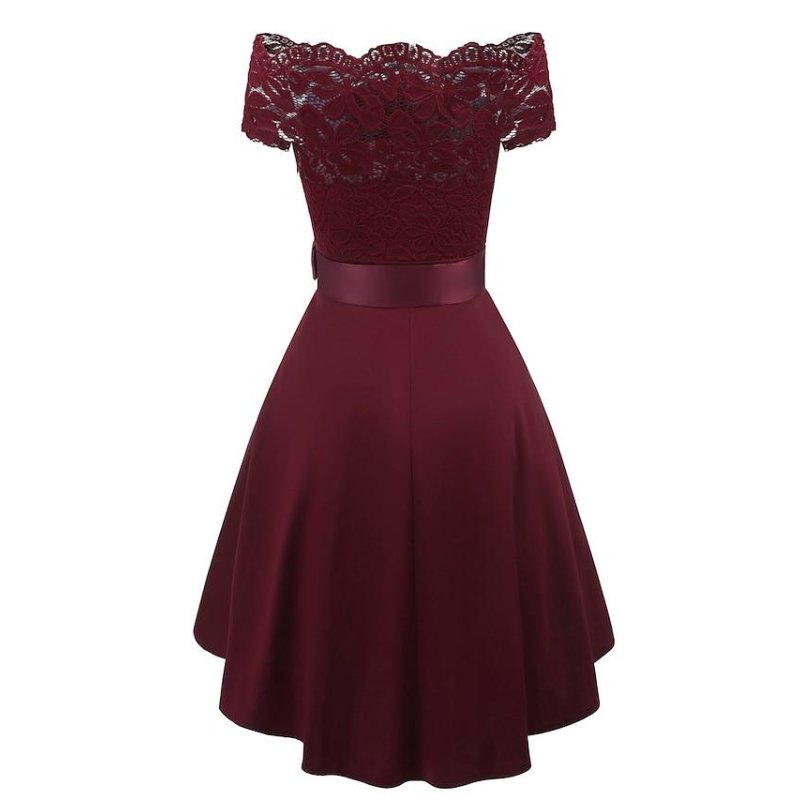Tag: Fashion, Apparel, Culture
Over the course of human history, clothing has played a significant role in shaping our society. From practical purposes to social status symbols, fashion trends have evolved dramatically over time. In this blog post, we will explore the evolution of clothing and its impact on society.
From the earliest civilizations to modern societies, humans have used clothing for various reasons. Initially, it was worn for protection against harsh weather conditions. As societies progressed and trade routes opened up, fashion became a means of displaying wealth and social status. For instance, in ancient Egypt, only royalty could wear certain types of linen fabrics with intricate designs.
As different cultures developed around the world, so did their unique styles of clothing. Traditional attire reflected not just regional climates but also cultural beliefs and values. For example, Japanese kimonos were designed to be loose-fitting as a symbol of modesty and respect.
During medieval times in Europe, sumptuary laws were imposed to regulate what people could wear based on their social class or profession. This further emphasized the significance placed on dressing appropriately according to one’s societal position.
The Renaissance period marked a shift towards individualism and self-expression through fashion choices. It was during this time that tailored garments began appearing alongside more elaborate designs with ruffles and lace for both men and women.
Fast forward to the 20th century where major events such as World War I saw practicality take precedence over aesthetics with simplified silhouettes being adopted due to fabric shortages. However,this gave way to an explosion of creativity after the war ended which led us into iconic decades such as the Roaring 20s with flapper dresses orthe Mod style from Britain in 1960s featuring mini skirts matched with bold prints.
Today’s globalized world sees fashion trends spread faster than ever before thanks to technology making it easily accessible. Social media has played a significant role in shaping fashion choices and preferences. From streetwear to luxury designer brands, there is something for everyone.
Clothing not only reflects an individual’s personal style but also serves as a way of belonging to a community or culture. For instance, the punk movement in the 1970s used clothing as a form of rebellion against societal norms.
In conclusion, clothing has come a long way from being solely practical to becoming an integral part of our cultural identity. It continues to evolve with each passing year, influenced by historical events and societal beliefs. As we move into the future, it will be interesting to see how fashion will continue shaping our society and vice versa.

